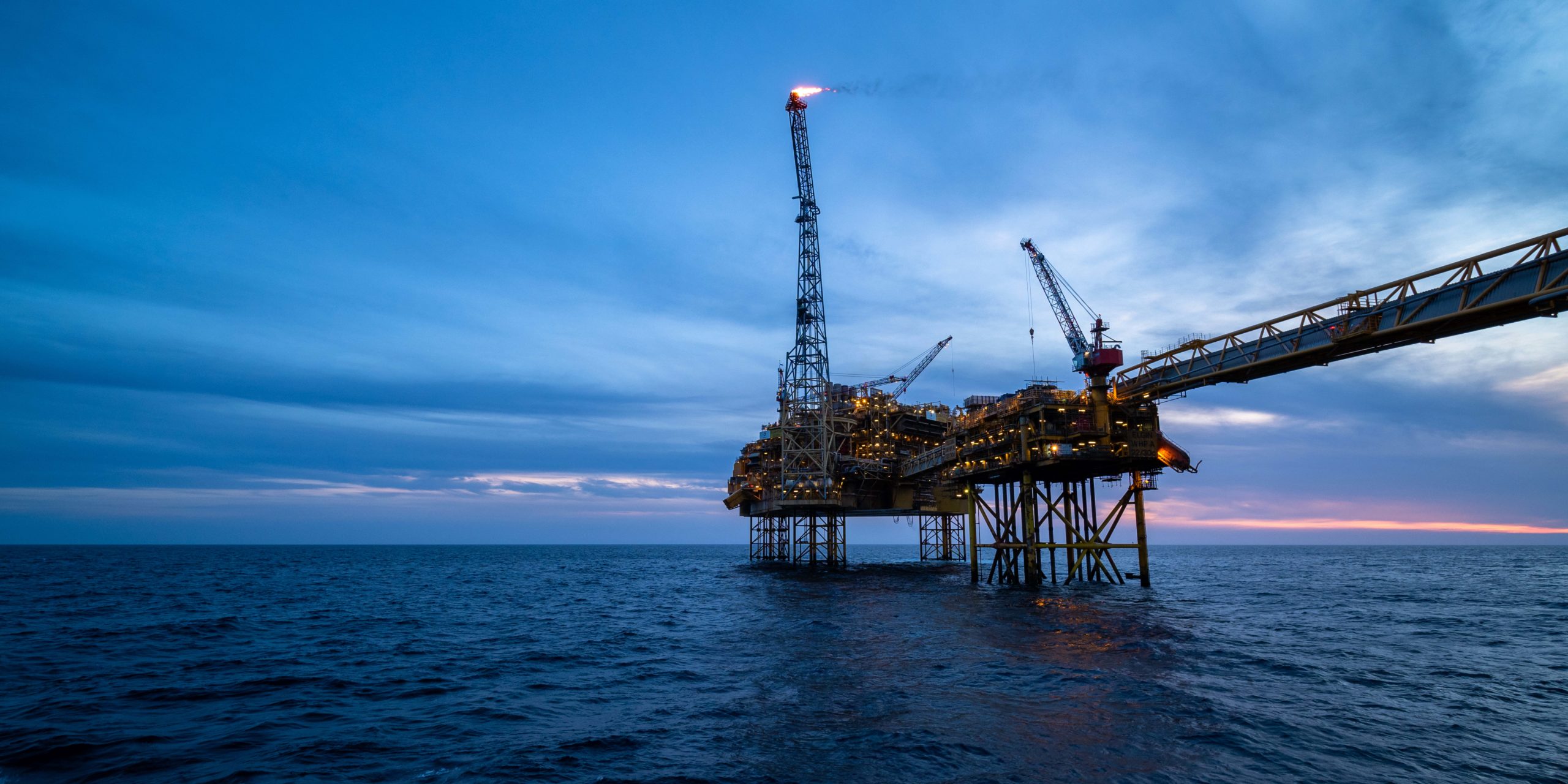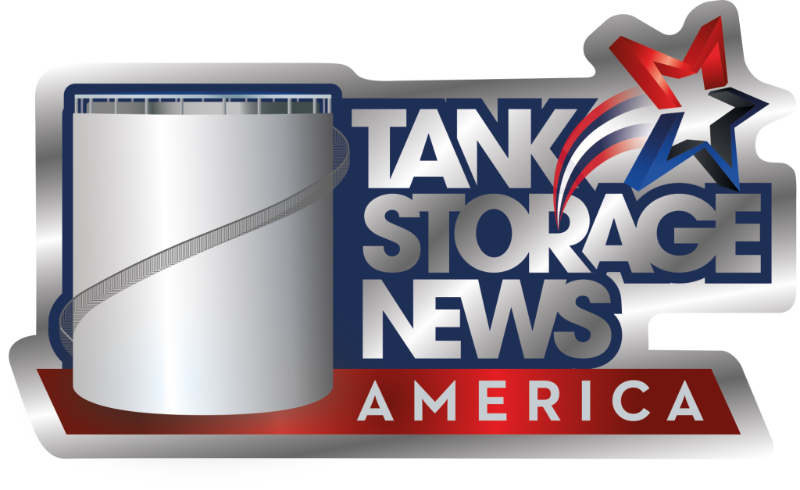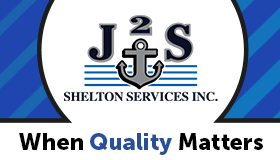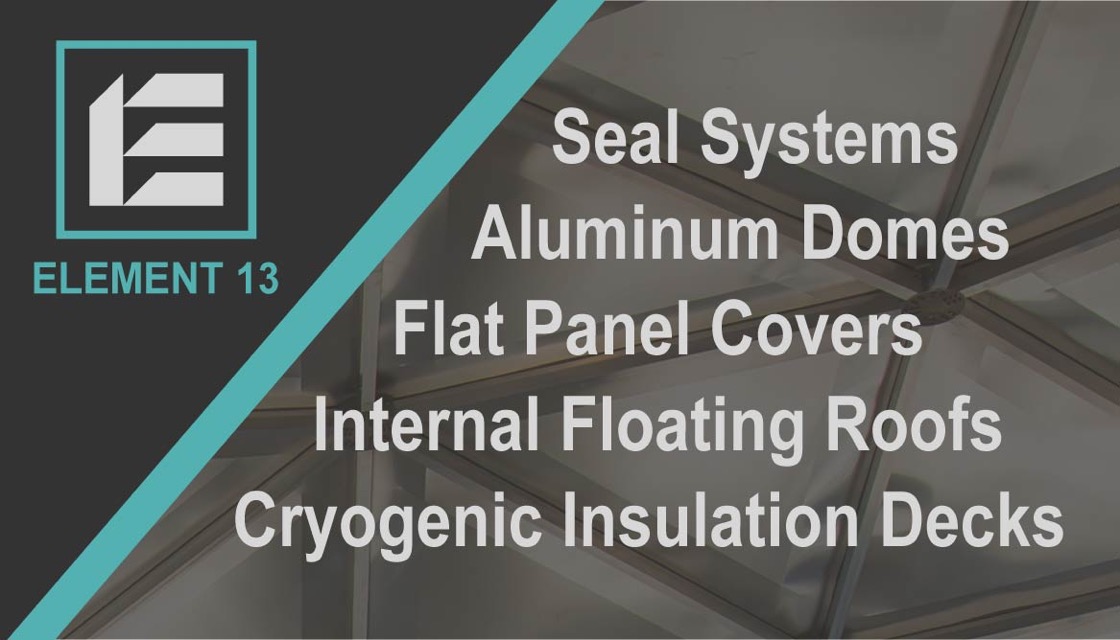Brent oil prices were little changed on Tuesday July 5, reversing earlier gains of $1, as investors weighed supply concerns, highlighted by a potential production cut in Norway and worries about a possible global recession curtailing fuel demand.
Brent Crude Futures for September settlement edged up 0.2 percent, or 22 cents, to $113.73 a barrel by 0432 GMT.

US West Texas Intermediate crude climbed $1.95, or 1.8 percent, to $110.38 a barrel, from Friday 1 July’s close. There was no settlement for WTI on Monday July 4 because of the Independence Day public holiday in the United States.
Warren Patterson, head of Commodity Strategy from ING, wrote in a note: “While there are demand concerns given the gloomier macro outlook, the market is still expected to be tight for the remainder of the year.”
On Tuesday July 5, Norwegian offshore workers began a strike that will reduce oil and gas output, the union leading the industrial action told Reuters.
The strike is expected to reduce oil and gas output by 89,000 barrels of oil equivalent per day (boepd), of which gas output makes up 27,500 boepd, Norwegian producer Equinor has said.
Oil output will be cut by as much as 130,000 barrels per day from Wednesday July 6, the country’s oil and gas association forecast on the previous Sunday. That would equal about 6.5 percent of Norway’s production, according to a Reuters calculation.
Data showing improving activity in the services sectors of the economies of Japan and China, among the world’s biggest oil importers, provided some support for prices on Tuesday July 5.
China’s Caixin services purchasing managers’ index (PMI) snapped three months of decline in June and grew at the fastest rate in almost a year, while the final au Jibun Bank Japan Manufacturing PMI last month showed the fastest pace of expansion since October 2013.
But overall, investors are becoming more concerned about demand amid a broad tightening in global financial conditions as the US Federal Reserve fights rampant inflation with rapid interest rate increases.
Interest rate hikes also loom in Australia and in South Korea as authorities try to stamp down inflation. In South Korea, inflation in June hit a near 24-year high, adding to concerns of slowing economic growth and oil demand.
Stephen Innes, SPI Asset Management, said in a note: “Oil is still struggling to break out from its current recessionary malaise as the market pivots away from inflation to economic despair.”
Equinor has agreed to sell to Shell 51 percent of its interest in the North Platte deepwater development project in the US Gulf of Mexico. Equinor will retain 49 percent interest in the project, and Shell will become the new operator of the field.
To reflect this change, Equinor and Shell have agreed to rename the North Platte development to the Sparta development.
Sparta straddles four blocks of the Garden Banks area, 275 km (171 miles) off the coast of Louisiana in approximately 1300 m (4265 ft) of water depth.
Front-end engineering and design (FEED) has been matured for the project. Equinor and Shell will now work closely to review the work that has been completed and to update the development plan.
Since 2005 Equinor has built up a sizable position in the Gulf of Mexico, which offers some of the highest value, lowest carbon intensity oil and gas production in the company’s portfolio.
Chris Golden, senior vice president, US Upstream, Exploration and Production International said: “Equinor has a long-term view of Sparta as a high-quality project with a clear strategic fit for the company. Sparta will strengthen our position in the Gulf of Mexico as well as our overall role as a reliable energy supplier to the US.
“This is a development opportunity that is expected to add significant value with lower carbon emissions intensity. We are pleased to welcome Shell and look forward to sharing our experience and technology to move this valuable project forward.”
The transaction is subject to customary conditions and authority approval.
For more information visit www.equinor.com


















